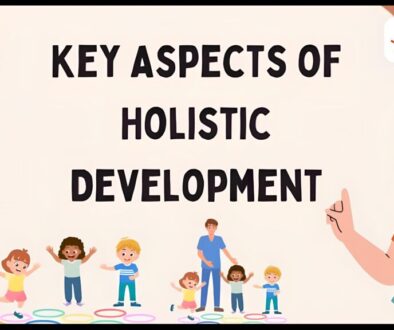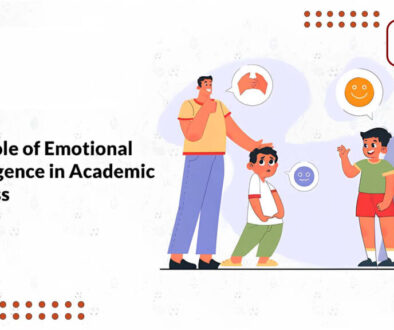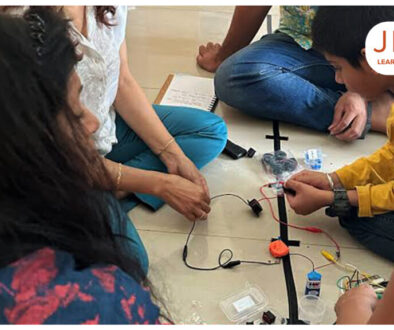Grades Over Growth: The Hidden Flaws of a Cramming-Centric Education System
Grades Over Growth: The Hidden Flaws of a Cramming-Centric Education System
Our education system frequently overemphasises grades in the pursuit of academic excellence, making them the only indicator of achievement. Students are now forced into a cycle of rote memorisation and short-term recall due to the cramming-centric approach that has become the norm. Grades can give an indication of academic success, but they don’t reflect the critical thinking, creativity, emotional intelligence, and adaptability that are necessary for true learning.
The Pitfalls of a Grades-First Approach
- Stifling Creativity and Individual Growth
Crammed-centric approaches favour conformity over originality. Instead of experimenting with different answers students are taught to adhere to preset answers. This environment discourages risk-taking, which is essential for innovation and personal growth. - Memorisation Over Mastery
Exams designed for grade-based evaluation focus on memorisation rather than understanding. Consequently, students memorise facts to pass tests and forget everything very soon. This lack of deep comprehension makes it difficult for them to use what they have learnt in practical settings. - Ignoring Holistic Development
Academics by themselves overlook other critical facets of development like values, interpersonal skills, and emotional health. Students develop to be one-dimensional achievers.
The Need for a Paradigm Shift
Education needs to go beyond grades and create a setting where students can develop holistically in order to meet these challenges. Self-discovery, problem-solving skills, resilience, and ethical reasoning are all components of true learning. The Jiva Learning System (JLS) becomes a ray of hope in this situation.
How Jiva Learning System Redefines Education
The Jiva Learning System aligns its methodology with holistic development, emphasising growth over grades. Jiva redefines what it means to succeed academically and beyond by emphasising experiential education, personalised learning, and life skills.
- Personalised Assessments
Jiva acknowledges that every student is different with their own set of goals, challenges, and strengths. Beyond assessing academic performance, its customised assessment tools are also available. In order to create a customised learning journey, they delve into understanding a student’s natural inclinations, abilities, and emotional intelligence. - Experiential Learning
Jiva encourages experiential learning as an alternative to textbook-driven instruction. Students are urged to participate in practical exercises, projects, and real-world problem-solving. This method creates a connection between theoretical understanding and real-world application, giving learning purpose and durability. - Life Skills and Value Education
Life skills like empathy, communication, networking, and critical thinking are emphasised by Jiva. The foundation of its curriculum is value-based education, which introduces virtues like tenacity and social responsibility. - Integrated Teacher Training
The Jiva Learning System makes investments in teacher preparation to guarantee that instructors are prepared to support student’s overall development. Teachers are encouraged to design engaging and encouraging learning spaces where curiosity flourishes.
Aligning with NEP 2020
Jiva’s mission is in perfect harmony with the Indian National Education Policy (NEP), which promotes skill-based learning. Jiva revolutionises classrooms by focusing on values, creativity, and adaptability, enabling students to thrive in all areas.
The Way Forward
It is not only vital but also urgent to switch from a grades-centric to a growth-oriented systems. More crucial than learnt formulas or historical dates as we navigate a world that is changing quickly are the capacities for critical thought adaptation and ethical leadership.
The Jiva Learning System offers a replicable model for this shift. Its focus on nurturing individual potential, coupled with its commitment to holistic development, addresses the systemic flaws of cramming-centric education.
Conclusion
Grades are fleeting, but growth lasts a lifetime. A curriculum that emphasises the latter equips students for fulfilling lives in addition to enabling them to achieve academic success. The Jiva Learning System is an excellent example of how holistic education can help students reach their full potential and demonstrates that the main objective should be growth rather than grades.
We can establish an educational ecosystem that celebrates individuality, values each child’s journey, and creates a future characterised by capable, well-rounded people by supporting programs like Jiva.




